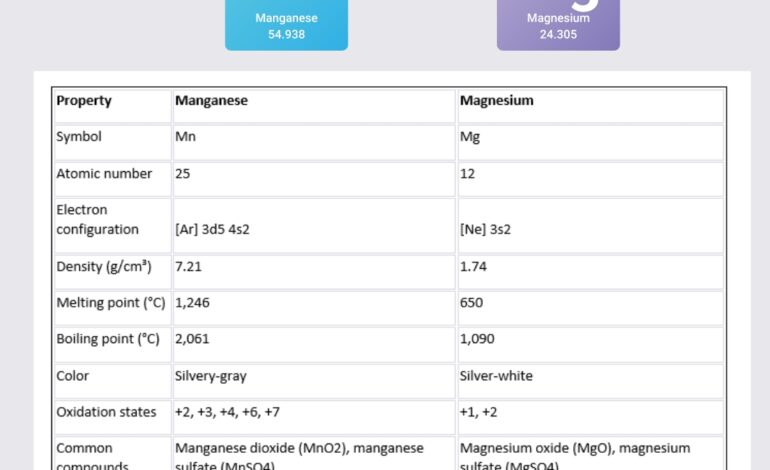What lifestyle changes help fibromyalgia?
Fibromyalgia is a long-term condition that causes pain and tiredness all over the body. Fibromyalgia has no known cure, but making some changes to your lifestyle may help you deal with the symptoms and improve your quality of life. Here are some changes to your life that might help:
- Exercise regularly: Engaging in low-impact exercises such as walking, swimming, or yoga can help improve your overall physical and mental well-being.
- Get enough sleep: Ensuring that you get enough sleep each night can help reduce fatigue and improve your overall sense of well-being.
- Manage stress: Chronic stress can worsen the symptoms of fibromyalgia, so it’s important to find ways to manage stress. This may include activities such as meditation, deep breathing, or mindfulness.
- Eat a healthy diet: A healthy diet that includes a variety of fruits, vegetables, and lean proteins can help improve your overall health and well-being.
- Use heat and cold therapy: Applying heat or cold to sore muscles can help reduce pain and improve flexibility.
- Use assistive devices: Using assistive devices such as a cane or splint may help reduce the strain on certain joints and muscles.
- Practice good posture: Good posture can help reduce strain on your muscles and joints, which may help reduce pain.
It’s important to work with your doctor to figure out the best treatment plan for your needs. They can help you figure out which changes to your lifestyle might help you deal with your fibromyalgia symptoms the most.
what is nitric oxide in human body?
Nitric oxide (NO) is a signaling molecule that is produced by cells in the human body. It is involved in a wide range of physiological processes, including the regulation of blood pressure, immune function, and nerve signaling.
NO is produced by cells in the body through the enzyme nitric oxide synthase (NOS). It is a small, highly reactive molecule that is able to diffuse across cell membranes and interact with a variety of target proteins.
In the cardiovascular system, NO plays a key role in regulating blood flow and blood pressure. It is produced in the walls of blood vessels and helps to relax and dilate the vessels, increasing blood flow and reducing blood pressure.
NO also has a number of important roles in the immune system. It is produced by immune cells called macrophages and helps to kill bacteria and other pathogens. It is also involved in the inflammation process, helping to regulate the immune response to injury or infection.
NO has many other important functions in the body, including the regulation of nerve signaling and the control of muscle function. It is an important molecule that plays a crucial role in maintaining homeostasis in the body.



